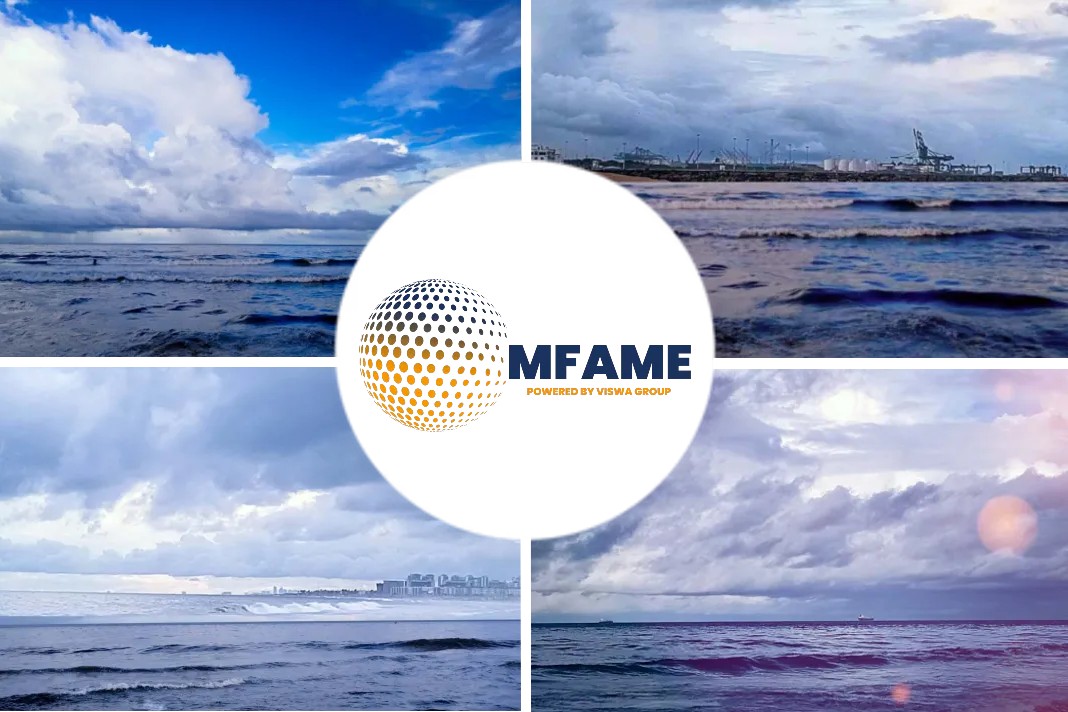- 24 vessels globally are able to use methanol as a bunker fuel, including vessels in operation and on order.
- Conventional Methanol is found to reduce the percentage of harmful gases by a large margin.
- It has several benefits and is a safer alternative to heavy fuel oil.
- However, this advancement has been temporarily disrupted due to the COVID-19 outbreak.
Methanol Bunkering
Methanol bunkering is set to receive a boost in the near future as maritime decarbonization becomes a focal point for shipping after a fairly smooth transition to the International Maritime Organization’s global low sulfur mandate, reports S&P Global Platts.
“As we get towards the end of the decade, alternative fuels will take a center-stage, with their share set to rise at the expense of low sulfur fuel oils and gasoil,”
Douglas Raitt, regional advisory services manager Asia at Lloyd’s Register, said.
“Meanwhile, the International Organization for Standardization is also currently engaged in developing a standard for methanol as a marine fuel, due to be finalized in Q1 2021, heralding another positive sign for its long-term prospects.”
Methanol Institute COO Chris Chatterton said.
Currently, around 24 vessels globally are able to use methanol as a bunker fuel, including vessels in operation and on order, Platts reported recently.
Methanol- The Preferred Source of Fuel
Conventional methanol as a marine fuel leads to a reduction in CO2 of over 15%, nitrogen oxides of between 30%-50%, particulate matter of 90% and sulfur oxides of 90%-97%.
When compared to heavy fuel oil, industry sources said, adding that methanol pricing is relatively predictable and tends to trade within a narrower range than other fuels.
Why is Methanol Preferred?
Going forward, when simply blended with either renewable or bio-methanol, GHGs can be further mitigated.
“Methanol is abundantly available and the infrastructure around it is fairly well developed,” Chatterton said.
Moreover, methanol has other advantages. It is produced at such a high purity that much fewer inspections are required around its quality as a bunker fuel.
Methanol is a clear liquid chemical that is water soluble and readily biodegradable. So, there is effectively zero cleanup required in the event of a spill or salvage operation.
In fact, methanol is readily blended with water generated on board existing dual fuel vessels to meet Tier III compliance, he said.
Impact of COVID-19
The COVID-19 situation is a “temporary disruption” as far as advancing cleaner fuels such as methanol and ammonia are concerned, Raitt said.
As far as overall bunker fuel demand is concerned, COVID-19 has had varying impacts on different ports worldwide.
However, Singapore has stayed fairly resilient in this regard.
So far this year, among all the samples tested by Lloyd’s Register, only 4% of VLSFO and 1.7% of MGO’s has been off-spec.
Shipping should be greatly encouraged by this achievement as it gets ready to leap towards lower and zero carbon fuels.
Did you subscribe to our daily newsletter?
It’s Free! Click here to Subscribe!
Source:S&P Global Platts

















